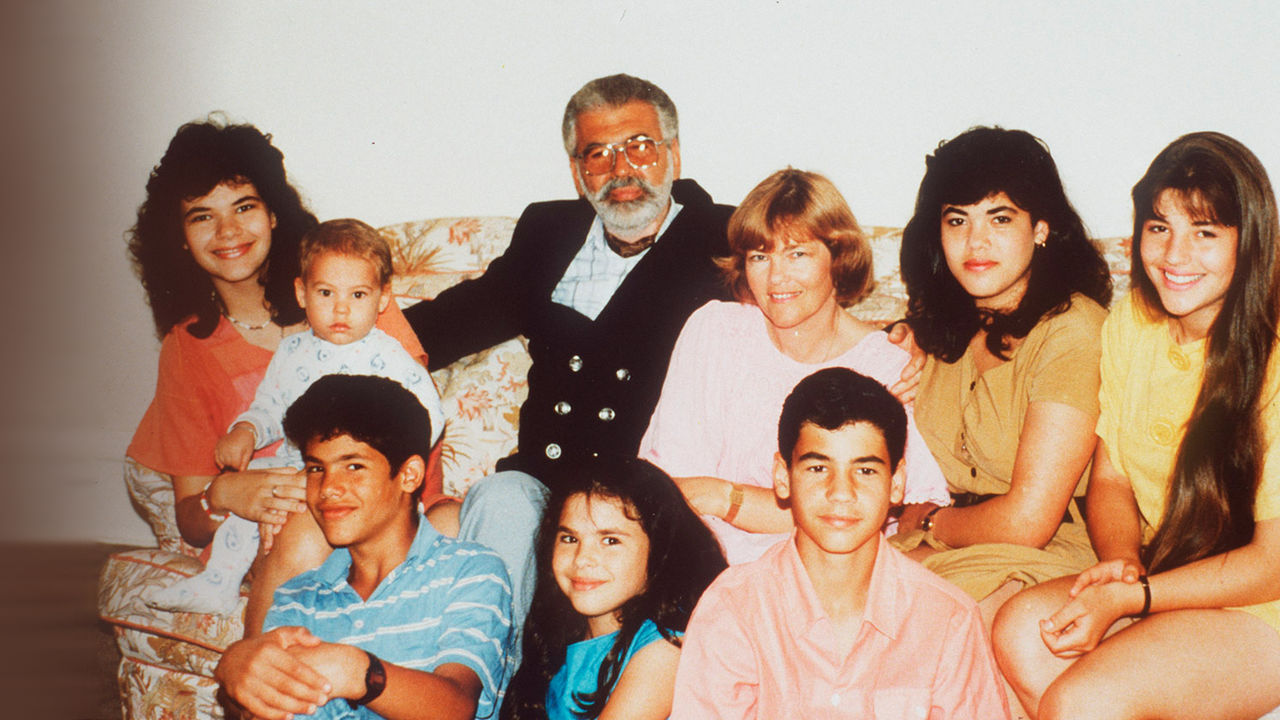Its presence in Goa was linked to Western spiritual seekers, the "hippie trail", and counter-cultural exchanges of the time

If, like me, you grew up in the coastal Goa of the 1960s and 1970s, chances are that you would have come across a group active here at the time, called The Children of God. Today, the group has changed its name to The Family International, and has been called various things, including a new religious movement, or even just a ‘cult’.
This group was formed in 1968, merged in a way with the hippies then active in Goa, and were all over the place then. They handed over brochures that contained ‘comics’ (illustrated texts) of their messages. They spoke about God and love. But today, a new reality has slowly but steadily emerged about the Children of God.
A British court, online sources inform, termed the group an "authoritarian cult" that engaged in the systematic physical and sexual abuse of children (BBC Scotland). It was also accused of targeting vulnerable people (CBC News).
By some chance, this columnist happened to stumble across the online interview of a Children of God survivor, Onami. She speaks at length, in a 72 minute interview on the Soft White Underbelly channel. See youtu.be/N4iknPcwge4
It seems like yesterday. The spot was close to where the Bandodkar statue is today located. Here, one ran into members of the Children of God sometime in the mid 1970s. They had guitars with them, smiled a lot, and created charming music. For younger folk, like myself then, they would hand out black-and-white 'comic' pamphlets, with their message blaring across it.
They were strong believers in Apocalypticism. This religious view believes that the end of the world is imminent, even within our own lifetimes. If one recalls right, they had even announced dates (long past) of when the end of the world was to happen. Going back decades, one can also recall the group portraying the then young Libyan strongman Muammar Gaddafi as the most likely person behind the end of our planet.
At the peak of their movement, they were believed to have tens of thousands of members. They also preached the message of salvation, spiritual "revolution and happiness" and distrust of the outside world.
The so-called Children of God, later The Family of Love or The Family International, was founded in 1968 in the US. It had spread to many parts of the globe, including India, by the 1970s and 1980s. Its presence in Goa was linked to Western spiritual seekers, the "hippie trail", and counter-cultural exchanges of the time.
They are believed to have been drawn to India due to its reputation as a land of spirituality, low living costs and an openness to alternative lifestyles. Interestingly, Goa was a major hub for this group.
Not surprisingly too, as the hippies had already been attracted to places like Goa, Rishikesh, Pune and Kathmandu then. Here, they had a pool to fish in around hippy enclaves, like Anjuna, Calangute, Baga and Vagator. They targeted disillusioned Western travellers rather than locals, though some of the latter might have got drawn in too.
They undertook "witnessing" through music, literature and personal interactions. More surprisingly, they got known for a controversial form of proselytisation called 'Flirty Fishing'. This implied the use of sexual charms, usually of the group's women members, as a way of 'winning souls'.
Outside Goa, they operated in Mumbai, Delhi, Bengaluru and Pune too, where they set up 'colonies' or community homes. In Kolkata, they were involved with music, children's programmes and charity programmes.
By the late 1990s, the group is believed to have rebranded itself as The Family International. It also moved away from practices like 'Flirty Fishing'. Much information is available today online about the group too.
Over time, their influence shrunk in India. This probably had something to do with the government becoming more wary of cults, and the fact that the 'hippy trail' too had faded. Besides, they were facing challenges internationally. Only more recently has it been accused with activities like the sexual abuse of children, which resulted in some lasting trauma among the survivors.
In 2016, the East Bay Times newspaper wrote a review of the book 'Jesus Freaks' by Don Lattin. Reviewer Paul Burgarino wrote that writer Lattin "cares more about what happens to children born into authoritarian groups --- the offspring of those who voluntarily cast their lot with people like Berg."
David Brandt Berg, whom the group called 'Moses David', has been described as a "small-time circuit preacher". His flock was few till the late 1960s. Then, the sexual revolution and the Jesus movement bloomed at the same time. Burgarino writes: "The sex-obsessed Berg wove the two into a double helix, drawing from the remnants of hippie life --- people with nothing to lose, nowhere to go, and no Christian background to serve as a compass while in the thrall of a man who purported to live by Scripture."
The book, tellingly, was subtitled: "A True Story of Murder and Madness on the Evangelical Edge". Among his subjects were the children in cults like the Church of Scientology, the Moonies, the Hare Krishnas and the Children of God.
At his death in 1994, his wife led The Family, which had 6,000 adults and 3,000 children in its worldwide network spanning some 50 countries. The Associated Press reported that the group he founded was being investigated for child abuse and prostitution in Argentina, France, Spain, Australia, Venezuela and Peru.
Yes, beliefs can end up any which way, and, up to a point, people have the right to believe in what they wish. As long as their beliefs don't cause harm to others. At the same time, we also need to understand more about those who shape our lives too.